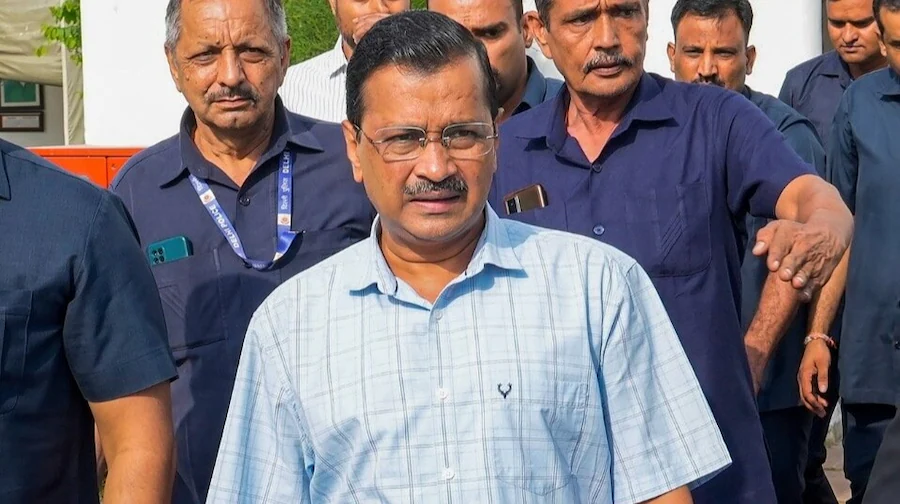April 4 (Punjab Khabarnama) : Mathew Miller, the US department of state spokesperson, was put on the spot during a press briefing on Wednesday when a journalist questioned him on the country taking a stand on the arrest of Indian opposition leader Arvind Kejriwal but not doing the same on arrests of Pakistani opposition leaders.
At a press briefing, the journalist said the US department of state issued daily statements on the arrest of Delhi chief minister Arvind Kejriwal and the freezing of assets of the Congress party. He questioned why the US has such a strong stance for Indian opposition, but maintained its silence on the political prisoners in Pakistan.
Mathew Miller refused to categorise both cases into one and said that the US wanted to see everyone in Pakistan treated with consistent rule of law and human rights.
Miller said, “I would not agree with that characterisation. We have made clear on a number of occasions that we want to see everyone in Pakistan treated consistent with the rule of law, treated with respect for human rights, as is our position with respect to any country in the world.”
Arvind Kejriwal was arrested by the Enforcement Directorate on March 21 in connection with the Delhi excise policy case. He is currently lodged in Tihar Jail, his judicial custody is expected to end on April 15.
EAM S Jaishankar’s rebuttal to US
On Tuesday, responding to the US, Germany and the UN remarks over Indian politics, after Arvind Kejriwal’s arrest, external affairs minister S Jaishankar used the word “Maryada”, saying that “we are sovereign countries and should not be interfering in each other’s internal affairs”.
“These are old habits. These are bad habits…The word I use is ‘Maryada’ among countries, we are sovereign countries. We should not be interfering in each other’s internal affairs. We should not be passing comments about each other’s politics,” Jaishankar said at a press conference.
Stating that other countries don’t hold a right to comment on India’s politics, the external affairs minister said, “Because once, if this becomes a rule, where do you stop? So we have been, in the cases where it has happened, we have told the diplomats of that country very clearly that we take very strong objection to it.”

